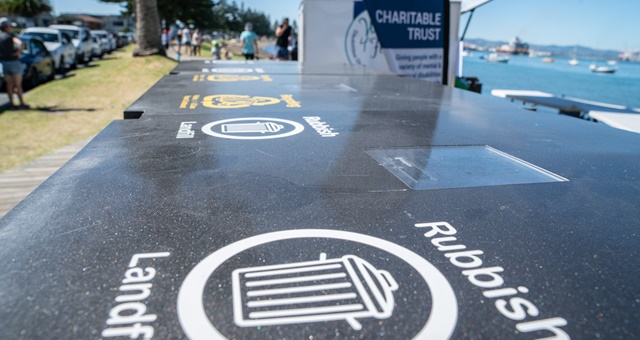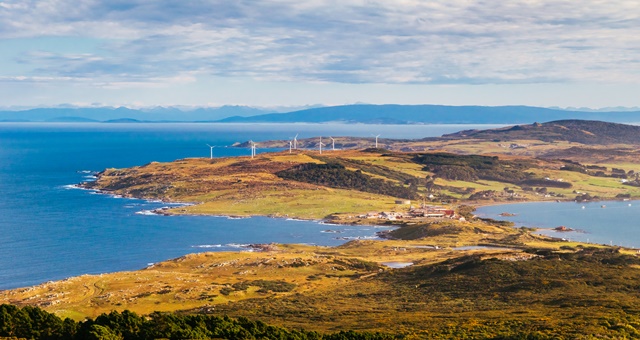
Tourism businesses in New Zealand are not doing enough to promote eco-friendly practices to international visitors despite deeply caring about their environmental causes, new research has revealed.
The study was conducted by Associate Professor Girish Prayag of the University of Canterbury’s Business School and Senior Economist Dr Peter Fieger of Christchurch NZ, backed by funding from the Tourism Industry New Zealand Trust. Six-hundred international visitors to Christchurch were surveyed to obtain their thoughts on the region’s sustainability practices and products.
Among the key findings was a willingness among tourism operators to highlight their environmentally friendly initiatives however a lack of promotion to customers and guests was affecting visitor sentiment. These initiatives included efforts to go carbon-neutral, contribute to ecological restoration, reduce waste and engage with visitors about how they can play their part in improving their local environments.
The report also noted a perception among visitors that they personally place a high value on protecting the environment; were active in adopting energy-saving products and reducing consumption of non-essential items; recycling and purchasing locally grown food.
In addition, four years of similar findings were compared to see whether attitudes among international visitors had changed, however analysis found little had changed in that time.
Tourism Industry Aotearoa Strategy Manager, Bruce Bassett, said more businesses needed to sign up to TIA’s New Zealand Tourism Sustainability Commitment and put their green credentials firmly into the spotlight for all to see. Currently, more than 1,200 businesses are registered however more were being sought.
“It provides evidence that visitors want to protect the environment in New Zealand but we need to make it easier for them to do so,” Bassett said.
“If the tourism operator is sustainable then they can talk to the visitor about how they can support the business’ efforts.
“By showing our visitors that we are taking responsibility for looking after our environment and communities, we can encourage them to follow our lead.”

